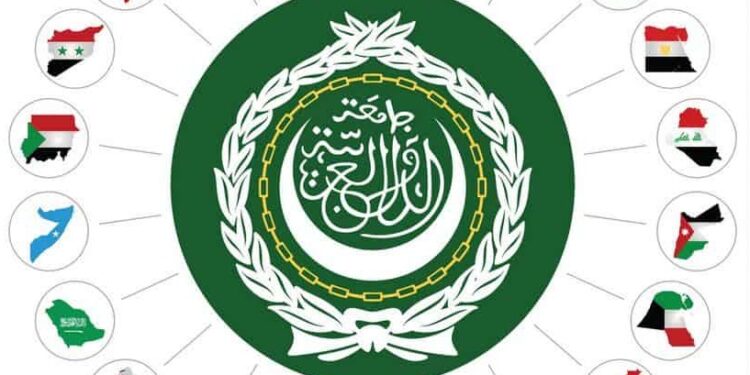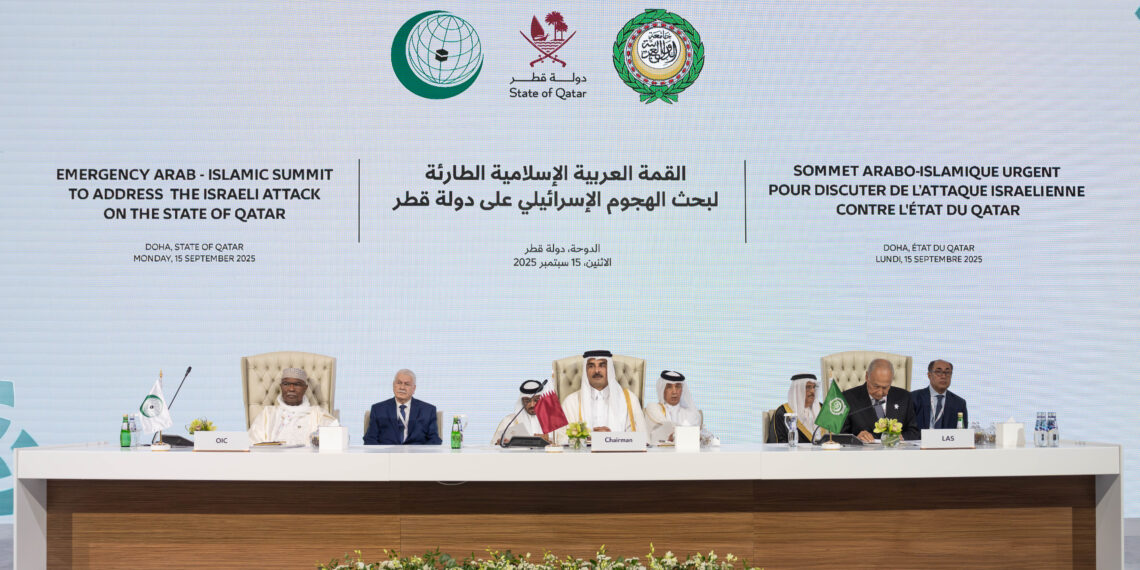Israeli Prime Minister Benjamin Netanyahu’s statements regarding what he called the “Greater Israel Vision” sparked widespread Arab reactions. Several Arab countries and organizations expressed their rejection of these statements, considering them an infringement on the sovereignty of Arab states and a threat to regional stability.
The Saudi Ministry of Foreign Affairs condemned Netanyahu’s statements, considering these settlement and expansionist ideas and projects an assault on Arab sovereignty and undermine the foundations of international legitimacy. The Ministry affirmed the legal and historical right of the Palestinian people to establish their independent state, warning against continued Israeli violations that could threaten regional and international peace and security.
For its part, Qatar expressed its condemnation of these statements, describing them as an extension of the occupation’s policies based on “arrogance and fueling conflicts.” It affirmed that the Israeli claims will not affect the legitimate rights of Arab states and peoples, and called on the international community to stand together to confront these provocations. Jordan, for its part, described Netanyahu’s statements as a “dangerous provocative escalation,” a threat to the sovereignty of states, and a violation of international law and the UN Charter. Meanwhile, the Jordanian Foreign Ministry spokesperson emphasized the need to adopt a clear international position condemning these statements and warning Israel of their potential consequences for regional security and stability.
In the same context, Egypt demanded clarification regarding Netanyahu’s statements, considering that the Israeli media’s coverage of “Greater Israel” incites instability and reflects a refusal to embrace peace in the region. The Egyptian Foreign Ministry emphasized that achieving peace requires a return to negotiations and an end to the war on Gaza, leading to the establishment of a Palestinian state on the 1967 borders with East Jerusalem as its capital.
The General Secretariat of the Arab League expressed its condemnation of these statements, considering them an infringement on the sovereignty of Arab states and an attempt to undermine security and stability in the region. The League affirmed that these statements reflect expansionist and aggressive intentions, calling on the Security Council and the international community to confront them with all force. In his recent remarks, Netanyahu said during a television interview that he feels he is “on a historical and spiritual mission” and emotionally connected to the vision of “Greater Israel.” This comes at a time when the Israeli army continues its military operations in the Gaza Strip, amid escalating political rhetoric from far-right groups calling for expansion and annexation, leading to the establishment of a “Greater Israel” stretching from the Nile River to the Euphrates River, according to observers.







